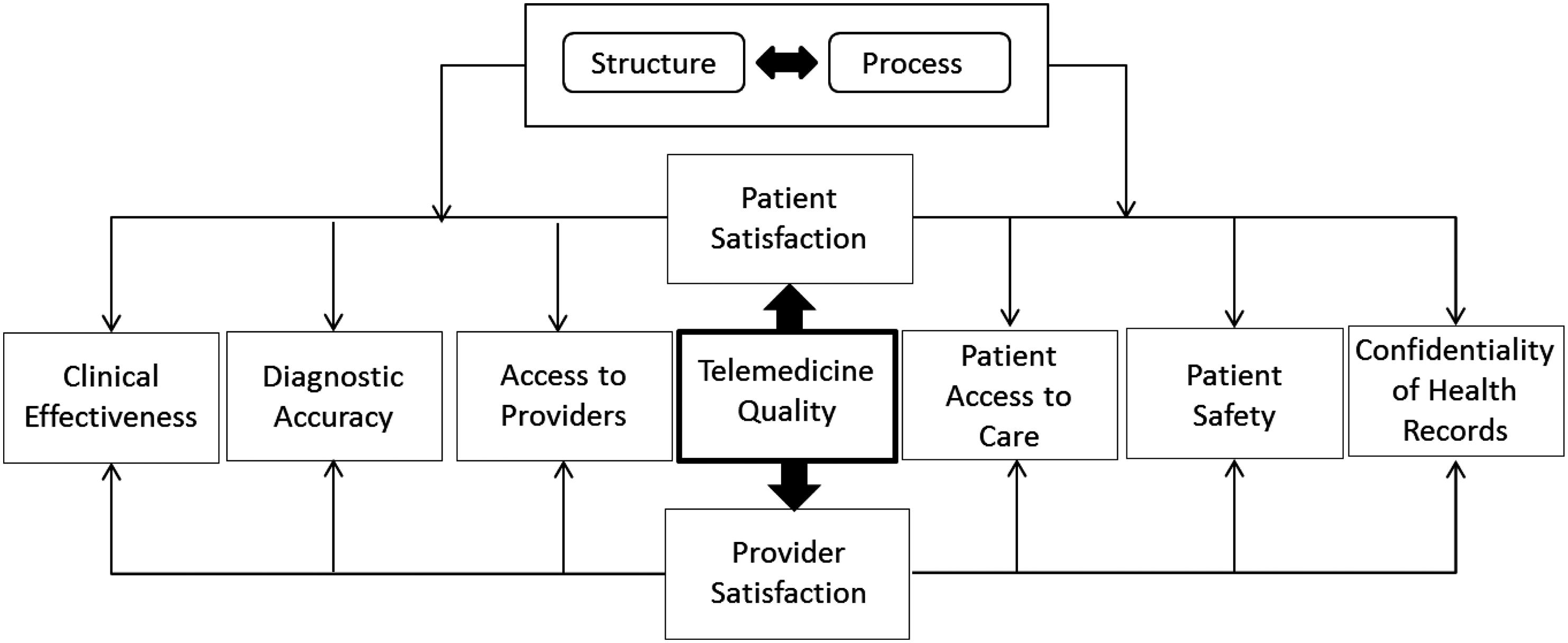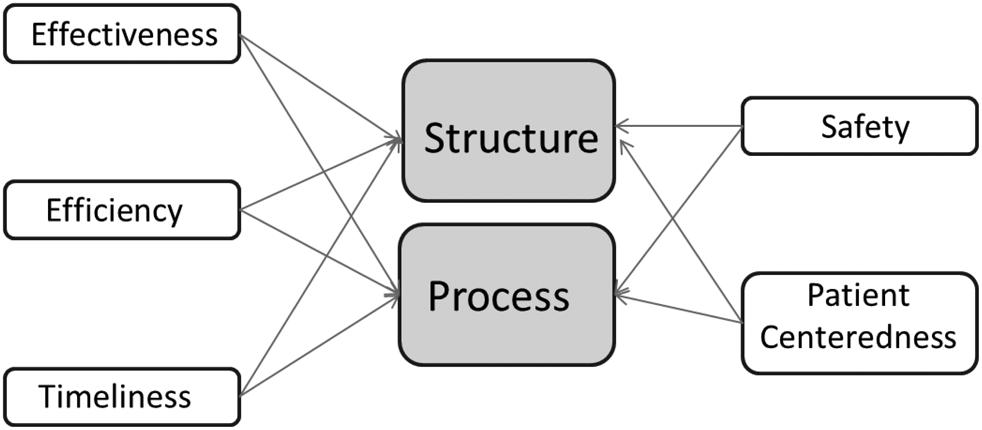
1 minute read
Role of Leadership
executives by the MIT Sloan Management Review and Deloitte, across age groups from 22 to 60, the vast majority of respondents want to work for digitally enabled organizations (Kane et al., 2015).
Employees will be on the lookout for the best digital opportunities, and businesses must continually up their digital game to retain and attract them (Kane et al., 2015).
Advertisement
A successful business strategy for a digital transformation, therefore, requires a comprehensive digitization talent strategy with the right leadership competencies. There are striking distinctions between digital and non-digital leaders. The distinctions include the ability to create and articulate a clear digital strategy combined with a culture and leadership poised to drive the transformation. The healthcare industry is replete with examples of companies focusing on technologies without investing in organizational capabilities that ensure their impact.
Although leaders do not need an IT degree to lead a digital culture, they must understand what is possible and what lies at the intersection of patient needs and technology. They should also be prepared to lead the way in making the case for how technology can transform their organization. According to Kane et al., 2015, the digital agenda is led from the top. Their survey revealed that digitally maturing organizations are nearly twice as likely as less digitally mature entities to have a single person or group leading the effort (Kane et al., 2015). In addition, employees in digitally maturing organizations are highly confident in their leaders’ digital fluency. However, Kane et al. noted that digital fluency does not demand mastery of these technologies. Instead, it requires the ability to articulate the value of digital technologies to the organization’s future.
Generally, digital strategies go beyond the technologies themselves. They include improvements in process innovation, decision making and, ultimately, transforming how the business achieves its aims. Many healthcare organizations will be forced to postpone the journey toward digital transformation because their organizational culture would make such an undertaking daunting. Essential ingredients in the quest for digital transformation such as increased collaboration and risk taking constitute major constraints in the pursuit of digital transformation. Healthcare leaders must also understand what aspects of the current culture could spur greater





